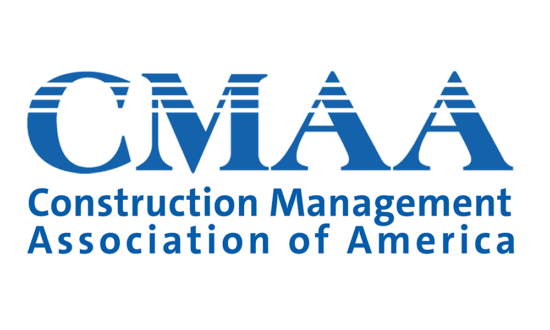
The AIA’s 2013 Digital Practice Documents play a prominent – yet little understood – role in the AIA’s newest Contract Documents. While previously optional, Digital Practice Document use is now expressly required by the unedited standard form language of the Owner-Architect Agreement (B101-2017), Owner-Contractor Agreement (A101-2017), General Conditions of the Contract for Construction (A201-2017), Contractor-Subcontractor Agreement (A401-2017), Architect-Subconsultant Agreement (C401-2017), and other AIA contract forms. This post identifies the AIA’s Digital Practice Documents – the E203-2013, G201-2013, and G202-2013 – and describes practical considerations for their use.
The Digital Practice Documents
Most people in the design and construction industry are
Continue Reading Understanding The New Role of the AIA Forms Digital Practice Documents














